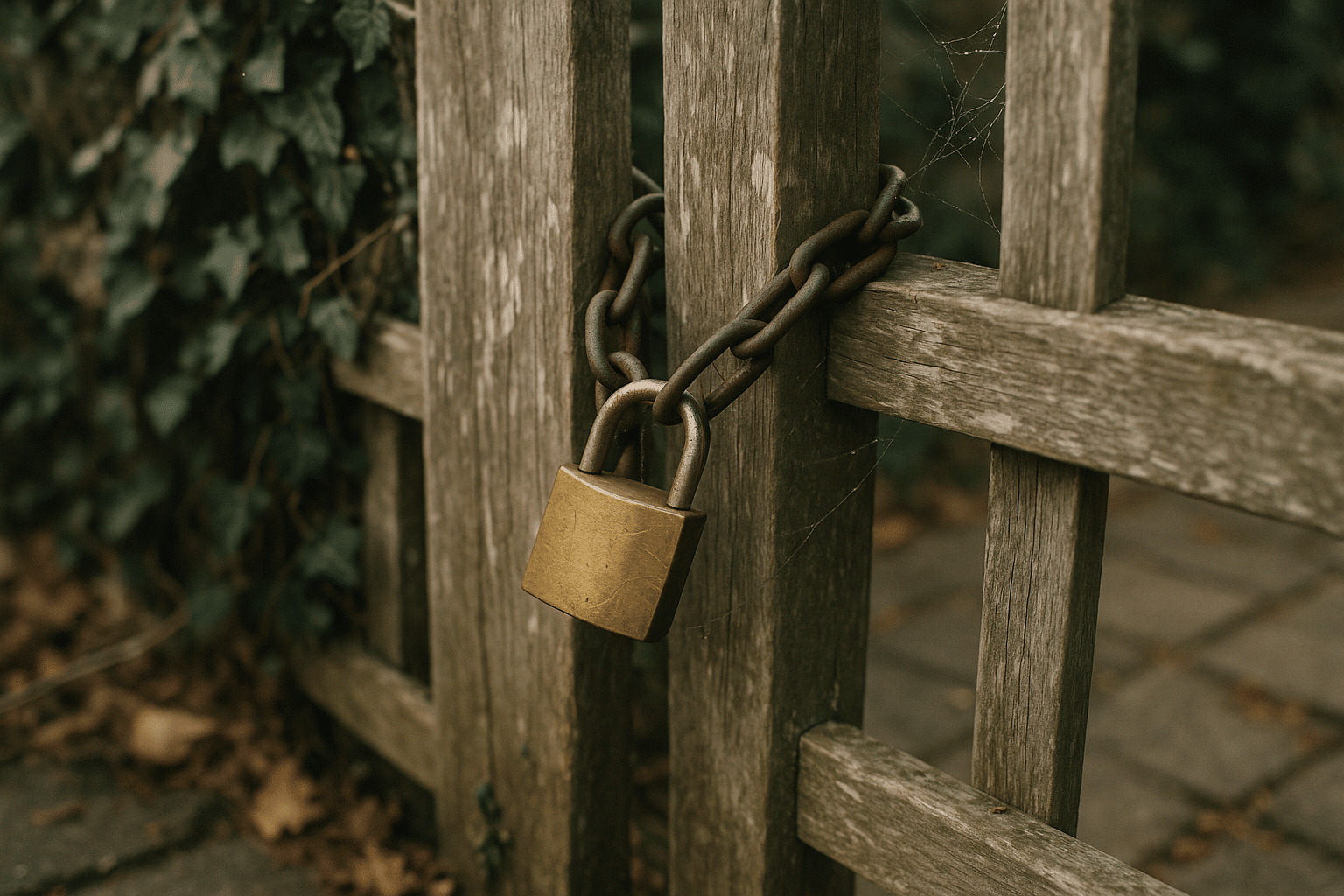
Investing in Real Estate During Economic Uncertainty
Navigating the real estate market can be daunting, especially during times of economic uncertainty. Yet, with the right strategies and insights, investing in property can still offer rewarding opportunities.
In this article, we delve into the nuances of real estate investment during turbulent economic times, providing expert insights, actionable tips, and real-world examples to guide you through the process.
Understanding the Market Dynamics
Economic uncertainty often leads to fluctuating real estate prices, which can create both challenges and opportunities for investors. According to a recent report from the Urban Land Institute, real estate tends to remain resilient, even when other markets falter. This resilience can be attributed to the intrinsic value of tangible assets like property.
“In times of uncertainty, real estate provides a stable investment ground,” notes Mark Zandi, Chief Economist at Moody’s Analytics.
The Importance of Research
Thorough research is crucial when investing in real estate during uncertain times. Understanding local market trends, such as supply and demand dynamics, can provide valuable insights. The National Association of Realtors emphasizes the importance of studying market data and consulting with local agents to make informed decisions.
Key Considerations
- Location: Evaluate growth potential and infrastructure developments.
- Property Type: Consider the demand for residential, commercial, or industrial spaces.
- Market Trends: Stay updated with economic forecasts and real estate trends.
Actionable Investment Strategies
Here are some strategies to consider when investing in real estate during economic uncertainty:
- Focus on cash flow properties that promise steady income.
- Consider long-term investments to ride out market fluctuations.
- Diversify your portfolio to mitigate risks.
Consider investing in properties with value-add potential, such as those needing renovation, to increase your return on investment.
Real-World Example
Take the story of Tom, a seasoned investor who capitalized on buying distressed properties during a market downturn. By renovating and renting them out, he achieved significant returns. Tom’s success underscores the importance of identifying opportunities where others see risk.
Comparative Analysis
| Factor | Stable Economy | Uncertain Economy |
|---|---|---|
| Property Prices | Steady | Fluctuating |
| Investment Risk | Low | Higher |
| Rental Demand | Predictable | Variable |
| Financing Options | Abundant | Limited |
| Market Opportunities | Moderate | High |
| Government Policies | Stable | Uncertain |
| Investor Sentiment | Optimistic | Cautious |
| Long-term Returns | Consistent | Potentially Higher |
Frequently Asked Questions
Is real estate a safe investment during economic uncertainty?
Real estate can be a stable investment due to its tangible nature, but it requires careful market analysis and strategic planning.
How should I finance a property during uncertain times?
Consider securing financing with fixed interest rates to protect against potential market volatility.
What are the benefits of investing in distressed properties?
Distressed properties can offer high returns if renovated and managed effectively, but they require upfront investment and expertise.
Conclusion
Investing in real estate during economic uncertainty demands a strategic approach, thorough research, and an understanding of market dynamics. By leveraging expert insights and adopting flexible strategies, investors can uncover opportunities in challenging times. Whether you’re a seasoned investor or new to the market, staying informed and adaptable is key to success in real estate.


